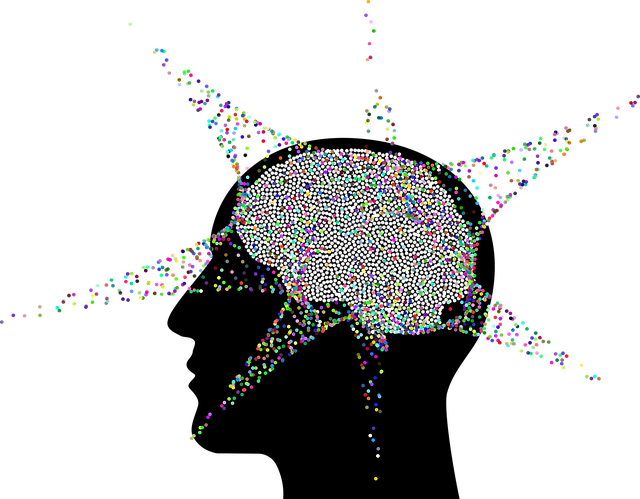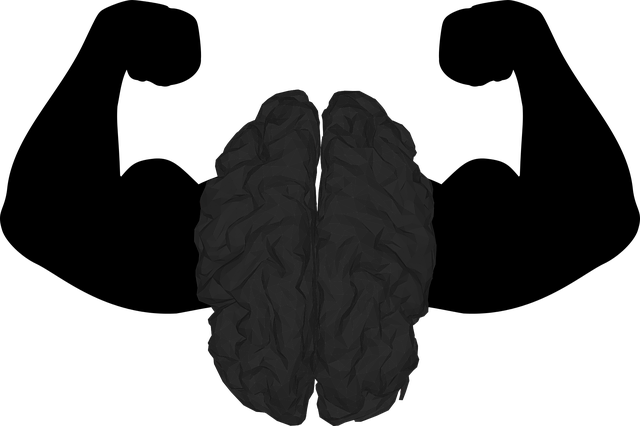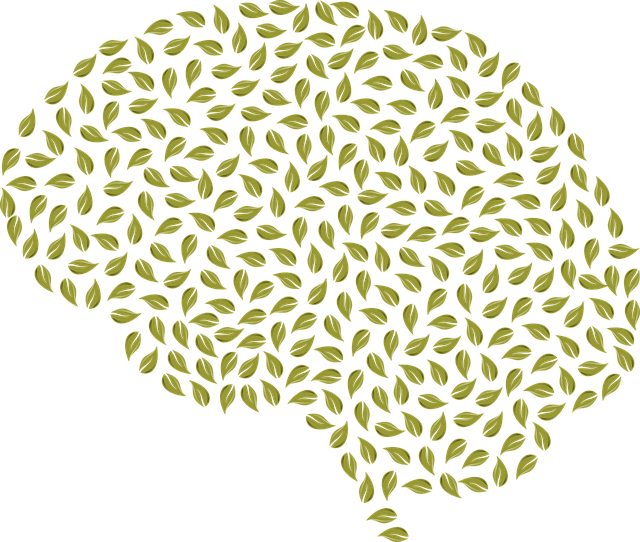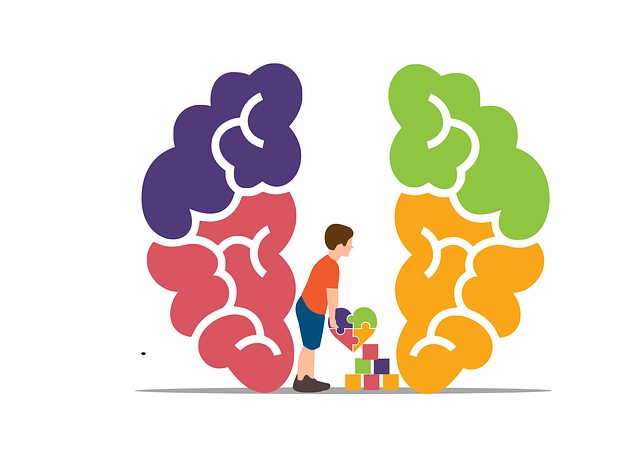Substance abuse in Northglenn requires early intervention, focusing on understanding causes like health deterioration, addiction, and legal issues. Recognizing signs and risk factors, such as personal history and family dynamics, is crucial for prevention. Northglenn Child Abuse Therapy offers specialized services, integrating Mind Over Matter principles and trauma processing to heal root causes. They provide tailored interventions, counseling, and group support networks, fostering emotional intelligence and healthier coping mechanisms. Through education, awareness campaigns, and stress management workshops, the community promotes mental health, reducing stigma and encouraging open conversations about substance abuse prevention.
Substance abuse poses significant risks to individuals, families, and communities. This article offers a comprehensive guide to understanding, preventing, and mitigating these dangers. We delve into identifying early signs and risk factors, emphasizing the crucial role of intervention. For specialized support, we highlight Northglenn Child Abuse Therapy, showcasing its effectiveness in addressing complex issues. Additionally, we explore building resilience and long-term support systems, providing tools for navigating the challenges associated with substance abuse.
- Understanding Substance Abuse and Its Risks
- Identifying Early Signs and Risk Factors
- Intervening and Preventing Substance Abuse
- Northglenn Child Abuse Therapy: A Specialized Approach
- Building Resiliency and Long-term Support Systems
Understanding Substance Abuse and Its Risks

Substance abuse is a complex issue that requires understanding its underlying causes and risks. It involves the harmful use of drugs or alcohol, leading to potential physical, mental, and social consequences. In communities like Northglenn, where child abuse therapy services are accessible, addressing substance abuse early can prevent severe long-term effects. The risks associated with substance abuse are multifaceted; they include health deterioration, addiction, impaired judgment, and potential legal troubles.
Recognizing the signs of substance abuse is crucial for implementing risk reduction strategies. This involves fostering inner strength and emotional intelligence to combat the allure of drugs or alcohol. By promoting Mind Over Matter principles, individuals can develop resilience and make informed decisions regarding their well-being. Early intervention and support through local therapy services play a pivotal role in helping those at risk navigate challenging situations and adopt healthier lifestyles.
Identifying Early Signs and Risk Factors

Identifying early signs and risk factors is a crucial step in preventing substance abuse among individuals, especially those vulnerable to Northglenn Child Abuse Therapy. Mental health professionals play a pivotal role in this process by conducting comprehensive risk assessments to unravel complex issues. This involves delving into personal history, family dynamics, and any existing mental health conditions, such as anxiety relief or inner strength development, which may contribute to substance abuse tendencies.
By recognizing these signs and factors, professionals can offer targeted interventions and support systems. Early identification allows for proactive measures like counseling, therapy, or group support networks to be implemented, helping individuals navigate their challenges effectively. Such strategies not only reduce the risk of substance abuse but also foster healthier coping mechanisms and overall well-being.
Intervening and Preventing Substance Abuse

Substance abuse is a complex issue that requires multifaceted strategies for prevention and intervention. Early identification and swift action are key to mitigating risks and saving lives. Northglenn Child Abuse Therapy emphasizes proactive measures, such as educational programs in schools and community centers, aimed at fostering awareness about substance use among youth. These initiatives are crucial in breaking down the stigma associated with seeking help and encouraging open dialogue about mental health and well-being.
Public Awareness Campaigns Development plays a significant role in reaching wider audiences, while Stress Management Workshops Organization offers practical tools for individuals to cope with stress and avoid turning to substances as coping mechanisms. Additionally, promoting Mental Health Awareness encourages people to prioritize their psychological well-being, seek support when needed, and understand the underlying causes of substance abuse. These collaborative efforts create a supportive environment where individuals can access resources and build resilience against the challenges of substance abuse.
Northglenn Child Abuse Therapy: A Specialized Approach

In addressing substance abuse, Northglenn Child Abuse Therapy stands out as a specialized approach that goes beyond traditional treatment methods. This therapy focuses on healing the root causes often overlooked in conventional care. By integrating powerful tools like Mind Over Matter principles, therapists help individuals develop resilience and healthier coping mechanisms. Through tailored sessions, clients are guided to explore their emotional landscapes, fostering self-care practices and empathy building strategies that are crucial for long-term recovery.
The Northglenn Child Abuse Therapy program acknowledges the intricate relationship between past trauma and current substance abuse issues. It offers a safe space for individuals to confront and process these traumas, promoting personal growth and transformation. By integrating evidence-based techniques with compassionate support, this therapy empowers clients to take control of their lives, making it a beacon of hope in the journey towards overcoming substance abuse.
Building Resiliency and Long-term Support Systems

Building resilience is a cornerstone of mitigating substance abuse and promoting mental wellness. Northglenn Child Abuse Therapy emphasizes the importance of fostering strong support systems that can weather life’s storms. This includes cultivating healthy relationships, whether with family, friends, or supportive communities, to provide emotional anchorage during challenging times. Equally crucial is developing coping mechanisms and stress management skills through practices such as Mental Wellness Journaling Exercises, which helps individuals process emotions, identify triggers, and adopt healthier responses.
Professionals in mental health are encouraged to undergo a thorough Risk Assessment to better understand their own vulnerability and implement strategies for self-care. By integrating these proactive measures into their lives, individuals can build a robust defense against substance abuse, enhancing their overall mental resilience and ensuring long-term support when navigating life’s complexities.
Substance abuse is a complex issue, but with the right strategies, it’s possible to minimize its risks. By understanding the early signs and risk factors, intervening promptly, and building resilient support systems, we can effectively prevent and manage substance abuse. Northglenn Child Abuse Therapy offers specialized approaches tailored to address these challenges, fostering long-term recovery. Remember that every step towards reducing these risks makes a significant difference in individuals’ lives.













